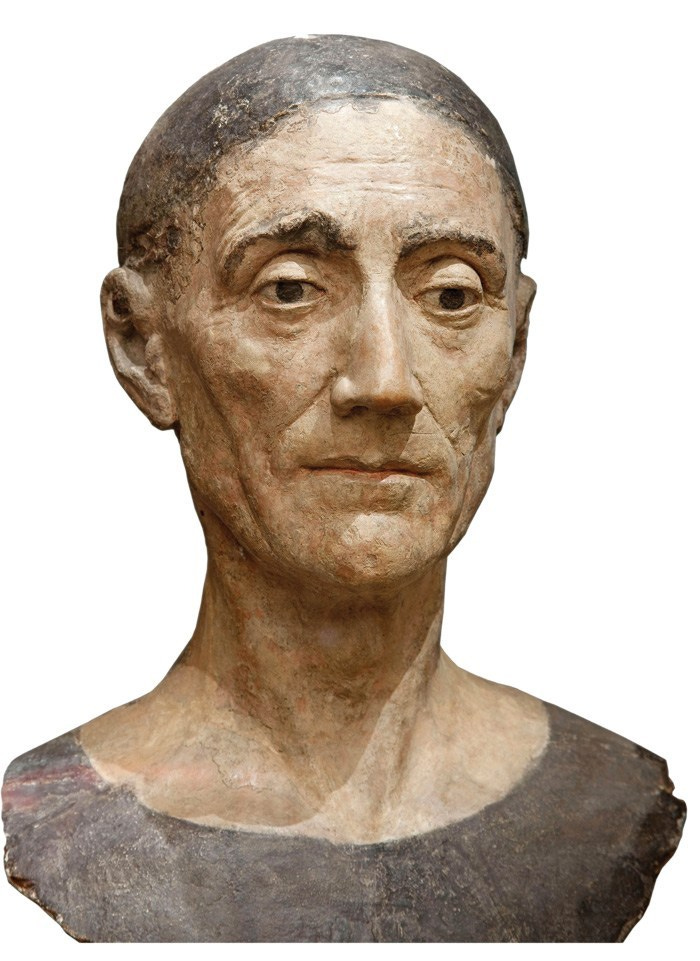On 21 April 1509, Henry VII died at Richmond Palace. He was fifty-two years old, and had reigned for nearly twenty-four years.
In truth, the final years of Henry’s reign were tough, both for his subjects who were fearful of falling foul of a strategically avaricious king, and for himself, increasingly isolated and paranoid. When death came, it was probably a relief for Henry, and for England.
Polydore Vergil, an eyewitness for this period, reported that king was ‘greatly incapacitated’ with sickness throughout the final three years of his life, which included a chronic chest issue. In April 1507, the Spanish ambassador remarked that Henry had been confined to his chamber unable to eat for a week that ‘his life was despaired of’, and in August 1508, the Venetians noted the English king was again ‘very ill, and in extremis’. On each occasion, Henry rallied, terrified of leaving behind an underage heir to the wolves at court. It was only in early 1509, however, did it finally become clear the tenacious Tudor was ‘utterly without hope of recovery’.
A vivid insight into Henry’s final moments is found in the eulogy given at his funeral by Bishop John Fisher, later printed at the request of Margaret Beaufort. Around the beginning of Lent, Fisher recalled that the fragile king summoned his confessor to his chamber, to whom Henry declared ‘with all diligence and great repentance’ that he intended to change his ways, promising a true reformation of his laws so that justice might be executed better in future. He was even heard to pledge ‘many times with great sorrow’ within earshot of his servants ‘that if it pleased God to send him life they should see him a new changed man’. His wish would not be granted.
By mid-April 1509, the king was bedridden in Richmond for what would prove the final time, and unable to take his meat or drink, however well it had been prepared by his cooks. In excruciating pain and tormented by the mental anguish of preparing to face divine judgement, two days before his death he desperately asked for his monstrance, which he kissed and fiercely beat against his chest, reducing those waiting on him to tears. According to Fisher, Henry’s death lasted for twenty-seven hours, during which he constantly wailed because of the pain, often crying out for ‘help and succour’, against the ‘cruel assaults of death’ which were ‘fierce and sharp against him’. Wanting release, he even appealed to Jesus:
‘O my blessed Jesu, o my most merciful Jesu, o my lord and creator Jesu. O my lord deliver my soul, deliver my soul from the miseries of this world, deliver my soul from these deadly pains, deliver my soul from this corruptible body, deliver my soul from the bonds of sin, deliver my soul from my mortal enemies, deliver my soul from the dangers of everlasting death’.
The grave scene at the king’s bedside was also captured in an evocative sketch by the herald Thomas Wriothsley, showing fourteen figures gathered around Henry at the end; three doctors clutching flasks, two clerics, and nine others identifiable by their coats of arms, namely Richard Foxe, Bishop of Winchester; George Hastings, Baron Hastings; esquires Richard Weston, Richard Clement, Matthew Baker, Hugh Denys; and gentlemen ushers John Sharpe, William Tyler and William Fitzwilliam. Not portrayed in the drawing was the young prince, who it is known from Fisher’s eulogy had been summoned by his father for some final words of advice before ‘committing unto him the laborious governance of this realm’.
His duty done, Henry died, though his death was covered up for two days whilst the succession was secured. The prince now became king, acceding to the throne as Henry VIII. I wonder what became of him?
During Henry VII’s funeral, Bishop Fisher (later to be executed by Henry VIII), delivered a sermon that spoke of the dead king:
'his politic wisdom in governance it was singular, his wit always quick and ready, his reason pithy and substantial, his memory fresh and holding, his experience notable, his counsel fortunate and taken by wise deliberation, his speech gracious in diverse languages, his person goodly and amiable, his natural complexion of the purest mixture, his issue fayre and in good number; leagues and confederacies he had with all Christian princes, his mighty power was dread everywhere, not only within his realm but without also, his people were to him in as humble subjection as ever they were to king, his land many a day in peace and tranquillity, his prosperity in battle against his enemies was marvellous, his dealing in time of perils and dangers was cold and sober with great hardiness'.
Of course, it seems that Bishop Fisher never heard of full stops. Henry VII may not have been loved at the end, but he was undoubtedly respected, and accomplished far more than had been expected of him when he stood on a battlefield in Leicestershire 24 years earlier, merely an ‘unknown Welshman’. The reign that was needed to bridge the gap between the medieval and the renaissance.
Henry VII and the Tudor Pretenders
To learn more about the reign of Henry VII, please consider picking up a copy of my bestselling book Henry VII and the Tudor Pretenders: Simnel, Warbeck and Warwick’, which is available from all reputable and some not so reputable book retailers.
Subscribe
If you have enjoyed this post, please consider subscribing (completely free!) to receive future posts directly to your inbox. This will include historical snippets, book news and extracts, event details and also some insight into the world of the historical author.
If you’ve already subscribed, you are awesome and Vera says MIAOW with her paw raised in respect.






